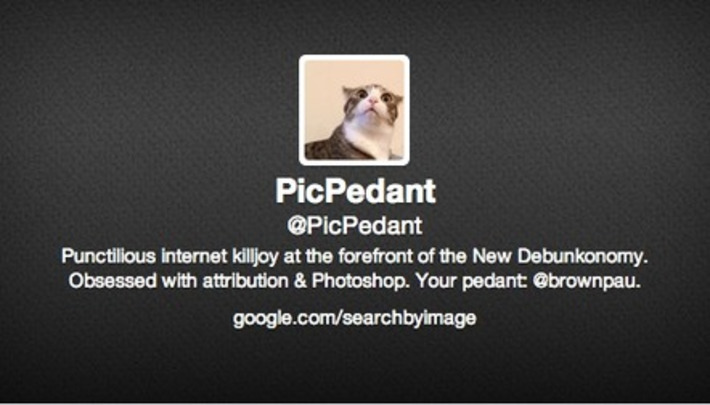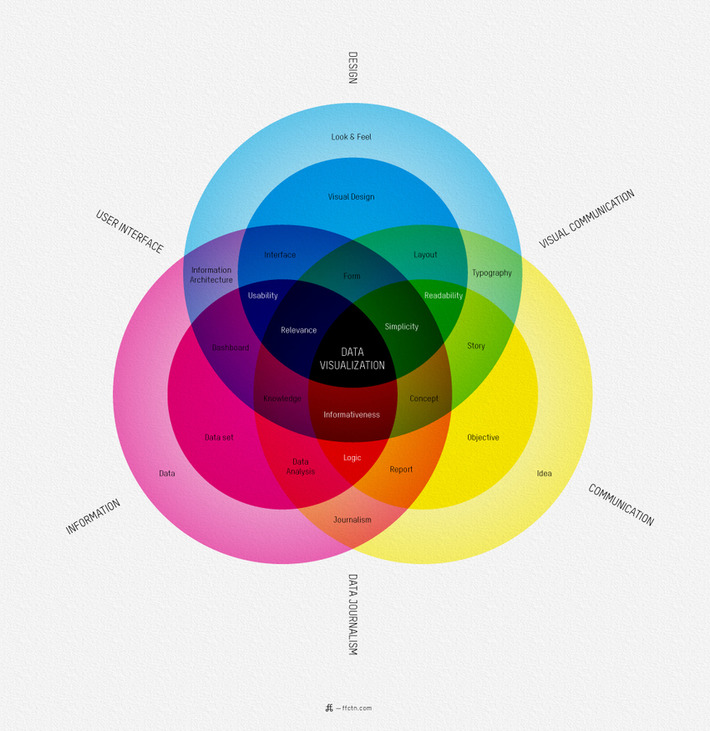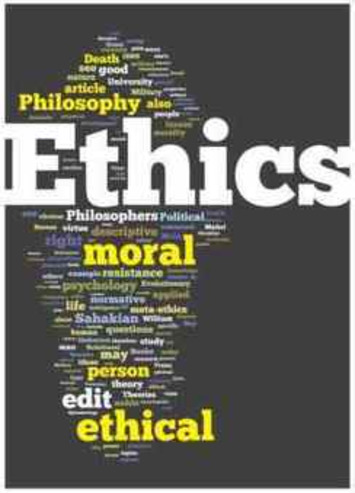Photographers know it. If you post your work on a website like Flickr or 500px, chances are that it will be shared on social networks. This is great, of course, unless sharers "forget" to give credit where credit is due or try to claim ownership of the shots.
Research and publish the best content.
Get Started for FREE
Sign up with Facebook Sign up with X
I don't have a Facebook or a X account
Already have an account: Login
The meaning behind the math of the bottom line in publishing and the media. For writers, publishers, and bloggers (which are a combination of the two).
Curated by
Deanna Dahlsad



 Your new post is loading...
Your new post is loading...



































